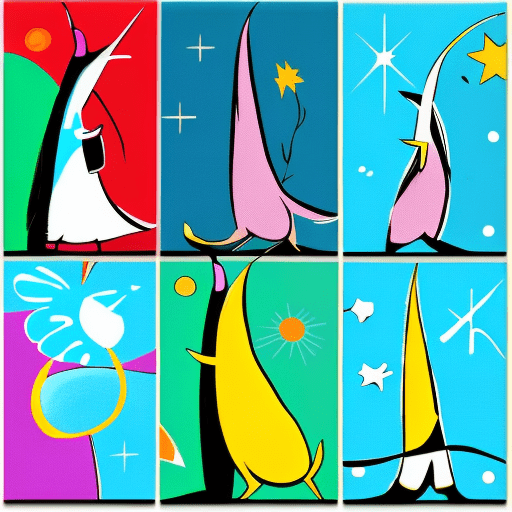One-line Summary:
Baudolino is a historical novel by Umberto Eco that follows the adventures of a young man named Baudolino as he navigates through the complexities of medieval Europe, weaving together history, fantasy, and philosophy.
The Adventures of Baudolino
Baudolino, the protagonist of the novel, is a young man with a talent for storytelling and a penchant for embellishing the truth. Set in the 12th century, the story begins in the city of Alessandria, where Baudolino meets Emperor Frederick Barbarossa and becomes his loyal companion. As they embark on various quests and encounters, Baudolino’s imagination and wit are put to the test.
Throughout the novel, Baudolino’s adventures take him to different parts of Europe and the Middle East, including Constantinople, Jerusalem, and the mythical realm of Prester John. Along the way, he encounters a diverse cast of characters, including scholars, knights, religious figures, and even mythical creatures. These encounters provide Baudolino with opportunities to explore themes such as faith, truth, and the nature of reality.
History, Fantasy, and Philosophy
One of the central themes of Baudolino is the blurred line between history and fiction. Umberto Eco masterfully weaves together real historical events and figures with fantastical elements, creating a narrative that challenges the reader’s perception of truth. Baudolino’s tendency to embellish stories and his own unreliable narration further blur the boundaries between fact and fiction.
Eco also delves into philosophical questions throughout the novel. Baudolino’s encounters with different religious and philosophical traditions, such as Christianity, Islam, and the teachings of Aristotle, prompt him to question the nature of faith and the existence of God. These philosophical musings add depth to the story and invite readers to ponder their own beliefs and the nature of reality.
The Power of Storytelling
Another prominent theme in Baudolino is the power of storytelling. Baudolino’s talent for spinning tales not only entertains those around him but also shapes the course of events. His ability to manipulate narratives and create compelling stories allows him to navigate through treacherous situations and influence the actions of others. This exploration of the power of storytelling serves as a reminder of the impact that narratives have on our lives and the world around us.
Key Takeaways:
- The line between history and fiction is often blurred, and storytelling can shape our perception of reality.
- Exploring different philosophical and religious traditions can lead to a deeper understanding of faith and the nature of existence.
- The power of storytelling can influence events and shape the world we live in.
“We are what we pretend to be, so we must be careful about what we pretend to be.” – Umberto Eco
In Baudolino, Umberto Eco takes readers on a captivating journey through medieval Europe, blending history, fantasy, and philosophy. Through the adventures of the charismatic Baudolino, Eco challenges our notions of truth and invites us to contemplate the power of storytelling. This thought-provoking novel reminds us that the stories we tell, both to ourselves and others, have the potential to shape our perception of reality and influence the course of events.












